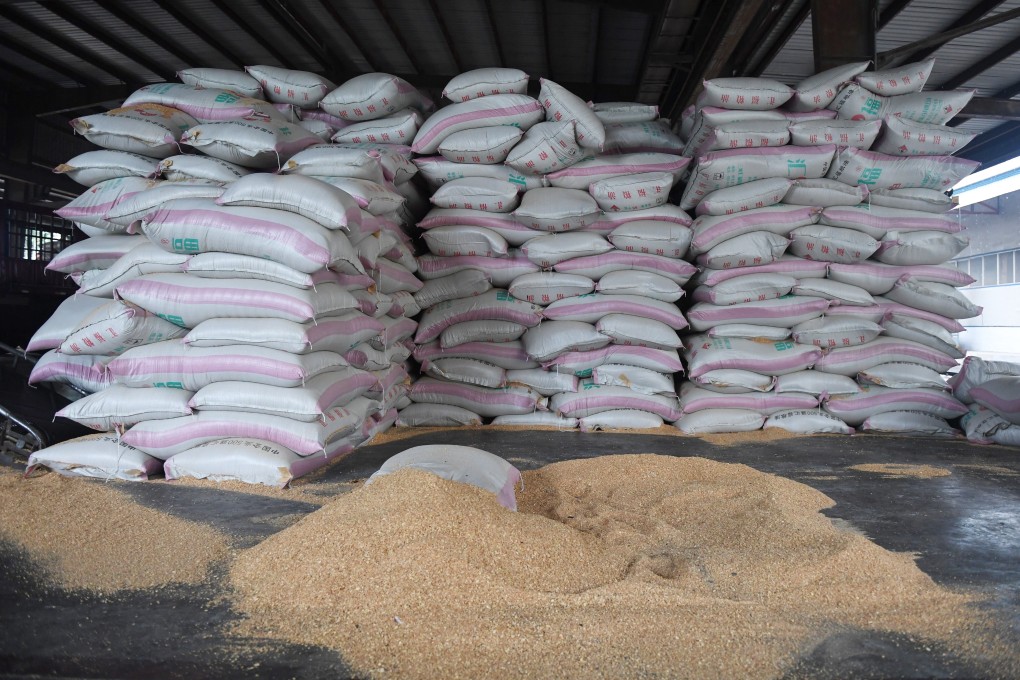Hong Kong row unlikely to kill US-China trade deal, Beijing advisers say, but traders fret over superpower rivalry
- Despite rising tensions over Hong Kong’s national security law, China is not minded to walk away from the phase one trade deal, analysts say
- Market watchers confused by reports that Beijing ordered embargo on state purchases of US soybeans, even as Chinese traders hoover up Brazilian alternatives

Beijing does not yet have “sufficient reasons” to scrap the phase one trade deal with Washington, even as superpower tensions rise over US threats to impose sanctions related to China’s plan to impose a national security law in Hong Kong, analysts said.
Government adviser Huo Jianguo said it was unlikely Beijing had told domestic importers not to buy US soybeans and pork, saying “it would be reckless to suggest that the deal has collapsed”.
“The phase one trade deal was reached after a long process of negotiation. Both sides still need to work with each other to implement the deal and to stabilise China-US trade despite the coronavirus,” said Huo, former head of the Chinese Academy of International Trade and Economic Cooperation, an official think-tank affiliated with the Ministry of Commerce.

01:56
Hong Kong is no longer autonomous from China, US determines
“As we can see, the phase one trade deal reached on January 15 is still being implemented,” Wang wrote in the Global Times, a state-owned newspaper.